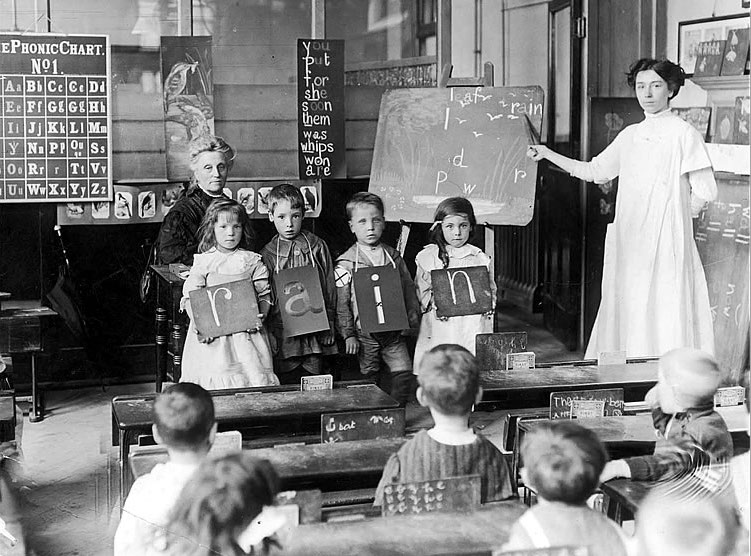Over the last three decades, America has become a country where the non-wealthy flatline and the rich grow richer. And that’s not just limited to money. As an article by Sabrina Tavernise in the New York Times points out, while the education gap between white blacks and whites has shrunk, the chasm between well-to-do and poor children has widened exponentially. Programs like the Harlem Children’s Zone are green shoots, but that type of intelligent investment in education is clearly the exception. Sadly, that gives sophists like Charles Murray (who’s quoted in the piece) more opportunity for their ugly politics.
It reminds that having access to endless information doesn’t mean we’re using that opportunity correctly. What should be a great equalizer–cheap technology connecting us to each other and everything we would ever need to know–creates only a wider gap if only the few are being nurtured to use these tools in an empowering way. From the Times article:
“Now, in analyses of long-term data published in recent months, researchers are finding that while the achievement gap between white and black students has narrowed significantly over the past few decades, the gap between rich and poor students has grown substantially during the same period.
‘We have moved from a society in the 1950s and 1960s, in which race was more consequential than family income, to one today in which family income appears more determinative of educational success than race,’ said Sean F. Reardon, a Stanford University sociologist. Professor Reardon is the author of a study that found that the gap in standardized test scores between affluent and low-income students had grown by about 40 percent since the 1960s, and is now double the testing gap between blacks and whites.
In another study, by researchers from the University of Michigan, the imbalance between rich and poor children in college completion — the single most important predictor of success in the work force — has grown by about 50 percent since the late 1980s.
The changes are tectonic, a result of social and economic processes unfolding over many decades. The data from most of these studies end in 2007 and 2008, before the recession’s full impact was felt. Researchers said that based on experiences during past recessions, the recent downturn was likely to have aggravated the trend.
‘With income declines more severe in the lower brackets, there’s a good chance the recession may have widened the gap,’ Professor Reardon said.”
Tags: Sabrina Tavernise

